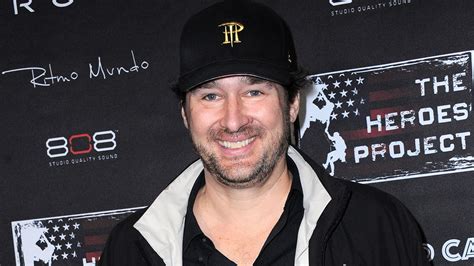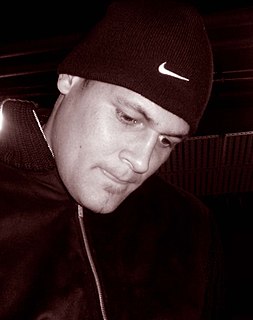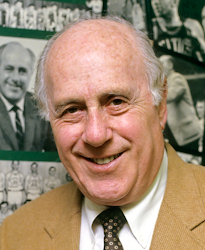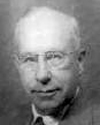A Quote by Phil Hellmuth
Look, for some players, pot odds should guide your decision making.
Related Quotes
It's a bit disappointing when board members who don't know a thing about football are making decisions on your career. When you look at it you've got coaches, senior players and CEO's who wanted me but then it gets to a board meeting and you've got fat businessmen who are making the decision on your career. It was frustrating and it made me a bit angry.
I think my deepest criticism of the educational system . . . is that it's all based upon a distrust of the student. Don't trust him to follow his own leads; guide him; tell him what to do; tell him what he should think; tell him what he should learn. Consequently at the very age when he should be developing adult characteristics of choice and decision making, when he should be trusted on some of those things, trusted to make mistakes and to learn from those mistakes, he is, instead, regimented and shoved into a curriculum, whether it fits him or not.
To be a successful coach you should be and look prepared. You must be a man of integrity. Never break your word. Don't have two sets of standards. Remember you don't handle players-you handle pets. You deal with players. Stand up for your players. Show them you care-on and off the court. Very important-it's not 'how' or 'what' you say but what they absorb.
I have always tried to teach my players to be fighters. When I say that, I don't mean put up your dukes and get in a fistfight over something. I'm talking about facing adversity in your life. There is not a person alive who isn't going to have some awfully bad days in their lives. I tell my players that what I mean by fighting is when your house burns down, and your wife runs off with the drummer, and you've lost your job and all the odds are against you. What are you going to do? Most people just lay down and quit. Well, I want my people to fight back.
while the executive should give every possible value to the information of the specialist, no executive should abdicate thinking on any subject because of the expert. The expert's information or opinion should not be allowed automatically to become a decision. On the other hand, full recognition should be given to the part the expert plays in decision making.


































